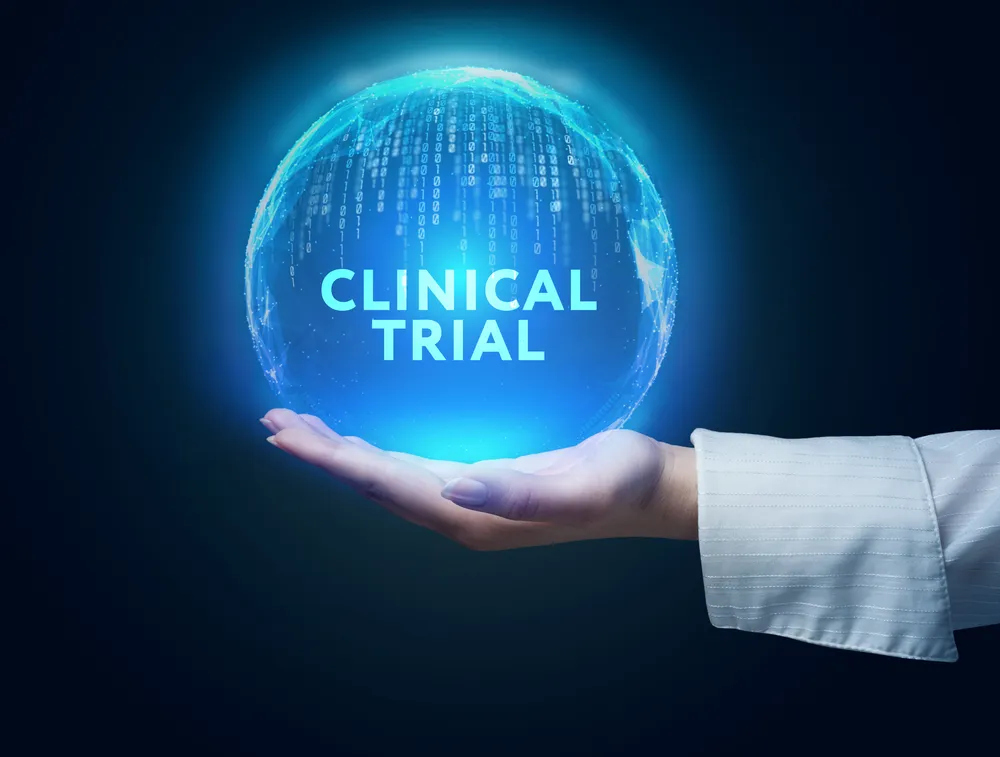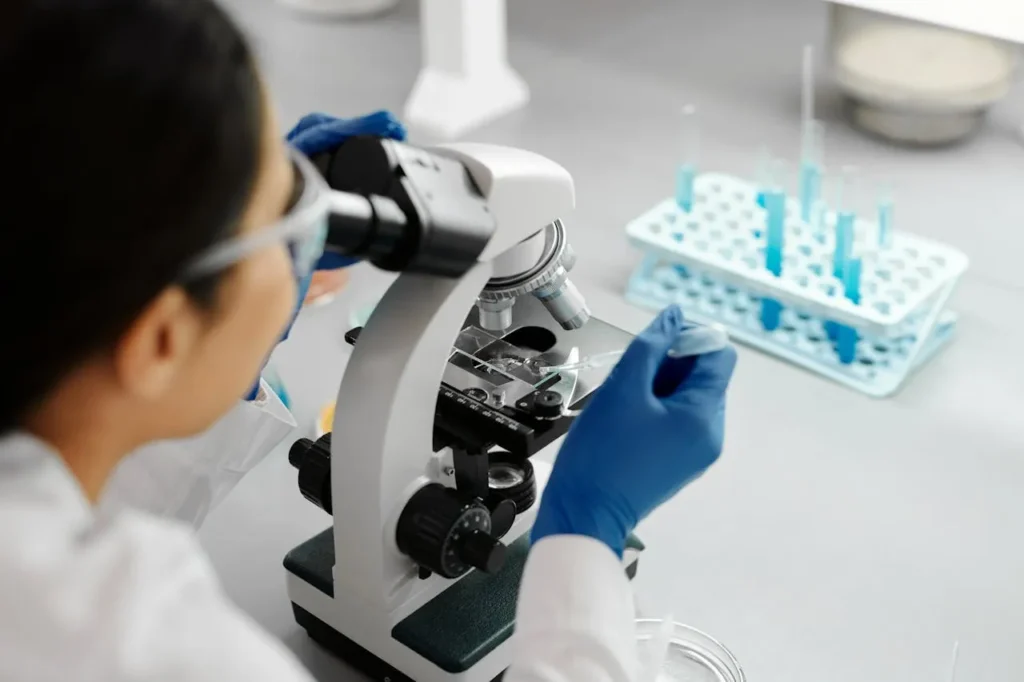
Pheno Therapeutics Receives Clinical Trial Authorization for MS Candidate PTD802
Pheno Therapeutics Limited, a leading biotechnology company focused on developing small molecule therapeutics for neurological diseases, has received Clinical Trial Authorisation (CTA) from the UK’s Medicines and Healthcare products Regulatory Agency (MHRA) for its promising lead candidate, PTD802. This novel small molecule, designed as a selective antagonist of GPR17 (G protein-coupled receptor 17), aims to promote remyelination in the central nervous system. The drug, developed under an exclusive worldwide licensing agreement with UCB, is initially targeted for the treatment of multiple sclerosis (MS), a debilitating neurological disease with a significant unmet medical need.
PTD802 represents a new approach to treating MS, a chronic condition that causes progressive neurological damage.
In MS, the immune system attacks and damages the myelin sheath, the protective layer surrounding nerve fibers, resulting in demyelination. This damage impedes nerve communication and leads to a range of neurological symptoms. Over time, MS can cause permanent disability as the damage to the myelin and axons becomes irreversible. While current treatments for MS primarily target the inflammatory component of the disease, there is a pressing need for therapies that can prevent further neurodegeneration and promote repair. PTD802 aims to address this gap by focusing on remyelination, the process of repairing or replacing damaged myelin, offering the potential for neuroprotective effects that could slow or halt the disease’s progression.

The significance of the CTA granted by the MHRA is considerable, marking a key milestone in the development of PTD802. This approval allows Pheno Therapeutics to initiate a Phase 1 clinical trial, making PTD802 the first selective GPR17 antagonist to be tested in humans. As part of the clinical trial process, the company will evaluate the safety, tolerability, and pharmacokinetics of PTD802 in healthy volunteers. The study is an essential step toward understanding how the drug behaves in the human body and its potential therapeutic effects on demyelinating diseases like MS.
Professor Siddharthan Chandran, Co-Founder of Pheno Therapeutics, emphasized the importance of this new therapeutic approach in the treatment of MS. “Current treatments for MS focus mainly on the immune aspects of the disease, reducing the severity and frequency of relapses.
However, there is an urgent and unmet need for effective therapies that can limit disability progression in MS,” he said. “Remyelination represents a promising neuroprotective strategy, and PTD802 is a hugely promising first-in-class oral agent for promoting remyelination.
We believe it could be a key component in future combinatorial approaches to preventing MS progression.”
The concept of remyelination in MS has been a subject of significant research, as restoring the myelin sheath is thought to offer the potential to repair some of the damage caused by the disease. However, current therapies have not been able to adequately address this aspect of MS. PTD802, with its mechanism of action targeting GPR17, presents a novel solution by promoting the repair of the myelin sheath and enhancing the potential for nerve regeneration. In addition to MS, GPR17 antagonism is being explored for its potential in other neurological disorders that involve demyelination or neurodegeneration, broadening the scope of PTD802’s potential therapeutic applications.
Fraser Murray, PhD, Chief Executive Officer of Pheno Therapeutics, expressed his excitement at the development and the company’s progress. “We are delighted to have received approval from the MHRA to progress our PTD802 programme to a Phase 1 trial, a major milestone for Pheno Therapeutics as we transition to a clinical-stage organization,” Dr. Murray stated. “As the first company to conduct dosing of a selective GPR17 antagonist in healthy humans, we are at the forefront of the race to develop GPR17-targeting remyelination therapeutics.”
The approval marks a critical transition for Pheno Therapeutics as it advances from preclinical research into the clinical trial phase, taking the company one step closer to delivering transformative therapies for neurological diseases. The Phase 1 trial will not only help assess PTD802’s safety but will also provide valuable insights into its potential to benefit patients suffering from MS and other demyelinating diseases.
Multiple sclerosis remains a major challenge in modern medicine, with existing treatments providing symptom management rather than addressing the underlying damage caused by the disease. While disease-modifying therapies (DMTs) can help reduce relapses and control inflammation, they do not restore lost function or repair the damage to myelin. The discovery of effective remyelination agents, such as PTD802, could represent a paradigm shift in how MS is treated, potentially slowing the disease’s progression and improving quality of life for patients.
The development of PTD802 aligns with Pheno Therapeutics’ broader mission to address the urgent need for neuroprotective treatments in the field of neurological diseases. As the company progresses through clinical trials, it is hopeful that PTD802 will not only prove to be an effective treatment for MS but also pave the way for new treatments for other neurodegenerative conditions that involve myelin loss.
The partnership with UCB plays an integral role in the development of PTD802. UCB, a global biopharmaceutical company with a strong presence in neurology, provides the expertise and resources necessary to bring innovative therapeutics to market. Together, Pheno Therapeutics and UCB are committed to exploring new ways to treat neurological diseases and improve the lives of patients affected by these challenging conditions.
Pheno Therapeutics is also exploring other applications for its research into GPR17 antagonism. The company is working to investigate the potential of PTD802 and other related compounds in treating a variety of neurological disorders that involve demyelination, such as Alzheimer’s disease, stroke, and other forms of neurodegeneration. The broad applicability of PTD802 could make it a valuable tool in addressing some of the most complex and debilitating diseases of the nervous system.
As the company progresses into clinical trials, Pheno Therapeutics remains dedicated to advancing the field of neurology and providing patients with new hope for effective treatments. The success of PTD802 in clinical trials will be a crucial step forward in achieving this goal, offering the potential for a new and transformative approach to treating MS and other neurodegenerative diseases.
In conclusion, Pheno Therapeutics’ receipt of Clinical Trial Authorisation for PTD802 represents a significant milestone in the development of a potential new treatment for multiple sclerosis. As the first selective GPR17 antagonist to enter human clinical trials, PTD802 has the potential to provide a breakthrough therapy for patients suffering from MS and other demyelinating diseases. With this important step, Pheno Therapeutics is one step closer to offering a novel and much-needed solution for those living with neurological diseases associated with demyelination.





